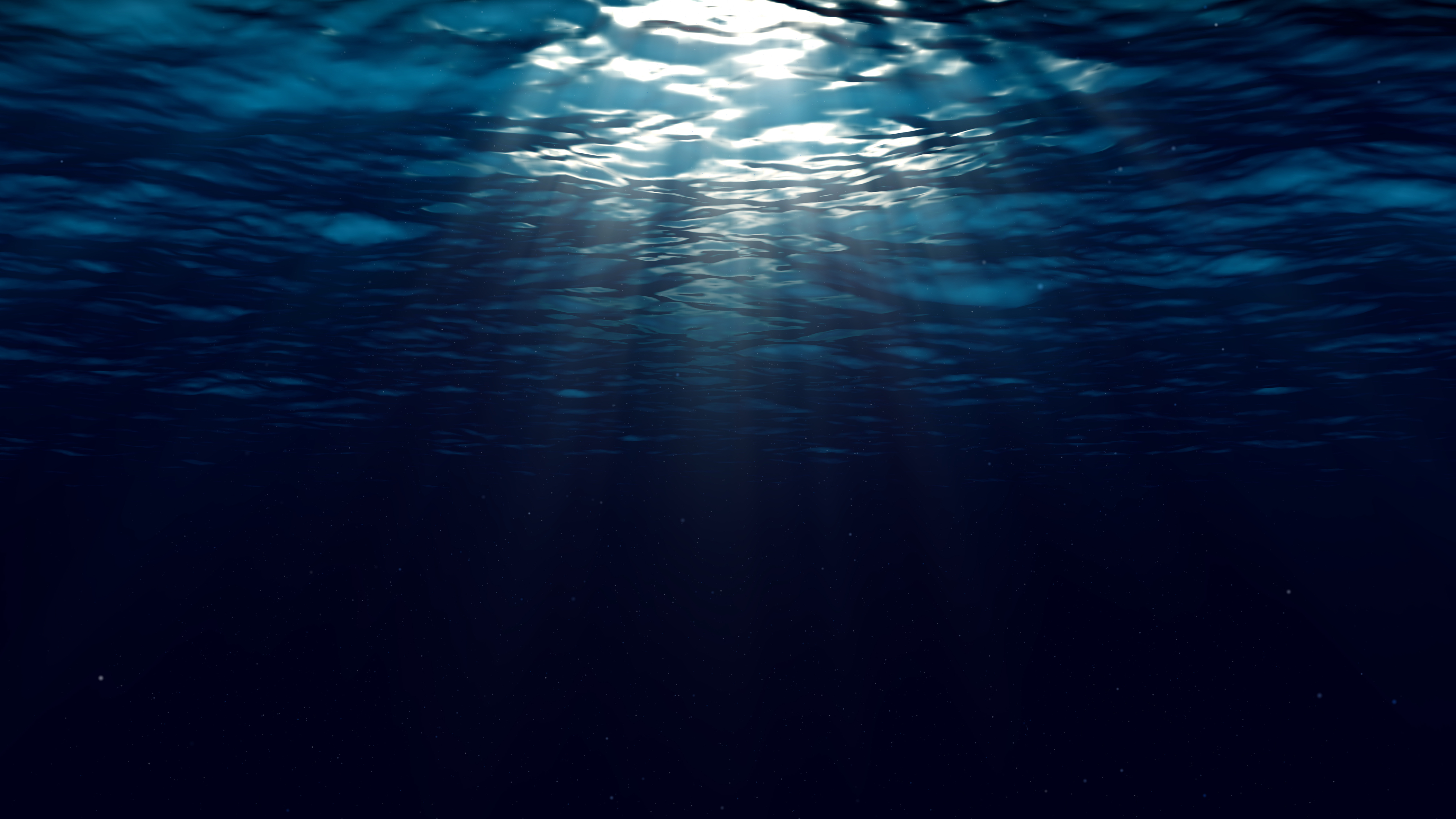Ancient marine deoxygenation events highlight the fragility of our oceans’ biochemical cycles
December 20, 2021

December 20, 2021

Researchers at UBC have uncovered links between rapid changes in ocean chemical conditions, climatic catastrophe, and biological crisis in Earth’s past. Scientists discovered this phenomenon while studying an ocean deoxygenation event (OAE1a) in the Cretaceous Period (~120 Ma)—an interval during the time of dinosaurs where global oceans were depleted of oxygen. Deoxygenation in this period removed sulfate—a major part of modern seawater—from the ocean, bringing in fundamentally different ocean chemistry and global biochemical cycles.
“Through ocean deoxygenation, massive disruptions to global biochemical cycles are linked to both biological crisis and climate catastrophe, and our data show this can happen on remarkably short timescales,” says lead author, Dr. Kohen Bauer, a former PhD student at UBC and current Postdoctoral Fellow at the University of Hong Kong.
Today, human activity is driving similar ocean deoxygenation in two primary ways—through anthropogenic climate warming and agricultural runoff. Climate warming influences ocean currents, slowing ocean circulation and exchange with the atmosphere, causing deoxygenation. Industrial agriculture also drives deoxygenation by supplying the ocean with extra nutrients like nitrogen and phosphorous, which increases oxygen consumption.
Using ancient sediments collected from geographically dispersed localities—the Pacific Ocean and northern Italy—chemical analyses of iron minerals provided fingerprints that recorded sulfate depletion as the result of ocean deoxygenation during OAE1a. Using mathematical models to determine just how low sulfate became, researchers discovered sulfate concentrations dropped to hundreds of times lower than in the modern ocean, representing a spectacular change in one of the oceans most abundant chemical components.
“Knowledge of these past episodes of climate warming and ocean deoxygenation is key to predicting the future impacts of current climate warming," says senior author Dr. Sean Crowe, professor in the Departments of Microbiology and Immunology, and Earth, Ocean, & Atmospheric Sciences at UBC. “Our observations imply tremendous sensitivity of Earth’s biochemical cycles to climate and ocean oxygen content”.
“As ocean deoxygenation intensifies, it impacts wider marine biochemical cycling,” explains Dr. Bauer. “This is a concern for modern society. Deoxygenation of the oceans is definitely occurring today, and here we show that deoxygenation 120 million years ago culminated in a major reorganization of seawater chemistry.” The authors suggest that this reorganization could have promoted further climate warming, which is something they aim to explore in future research.
Changes to ocean chemistry in response to deoxygenation happen on very short timescales, but many connections between deoxygenation, climate catastrophe, and biological crises are still uncertain. Further research in these areas can help us make better predictions on present day ocean deoxygenation and its potential impacts on future climate.
Researchers at the University of British Columbia led this study in collaboration with researchers from the University of Milan, University of Minnesota Duluth, and University of Hong Kong.
We honour xwməθkwəy̓ əm (Musqueam) on whose ancestral, unceded territory UBC Vancouver is situated. UBC Science is committed to building meaningful relationships with Indigenous peoples so we can advance Reconciliation and ensure traditional ways of knowing enrich our teaching and research.
Learn more: Musqueam First Nation